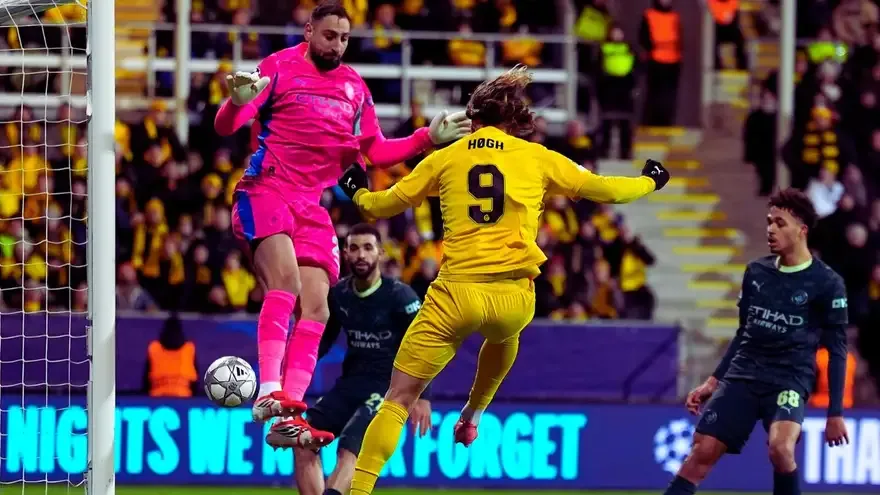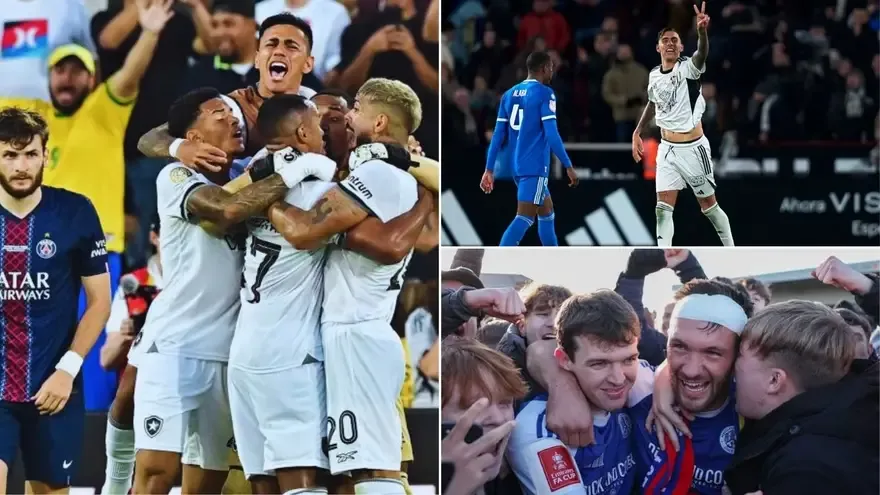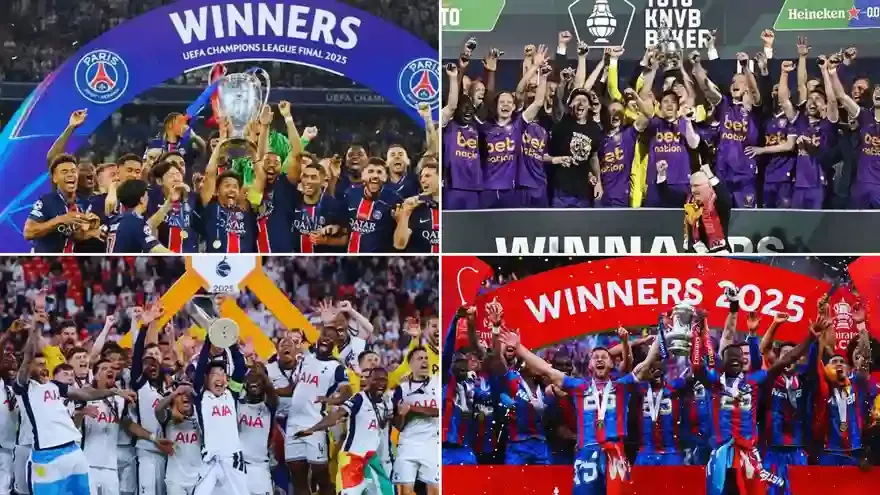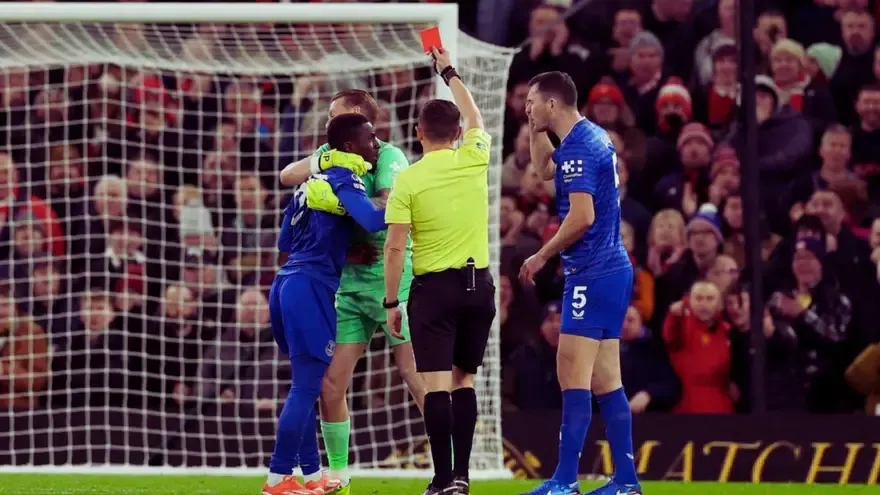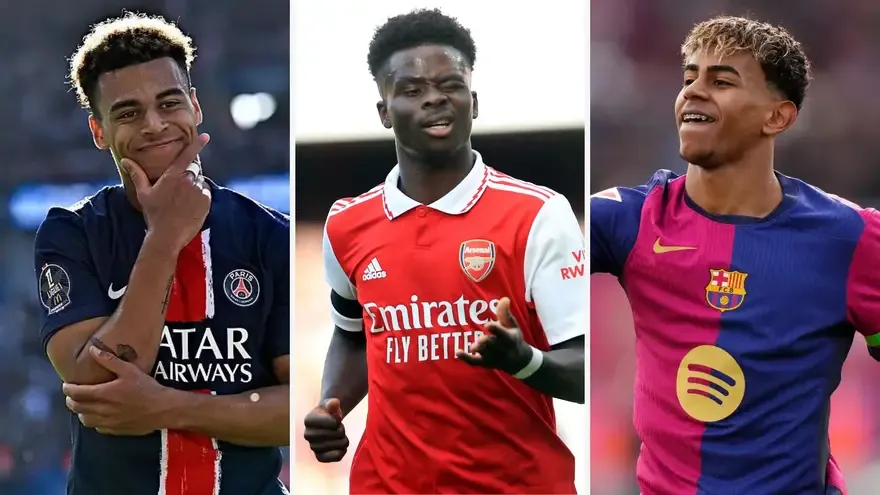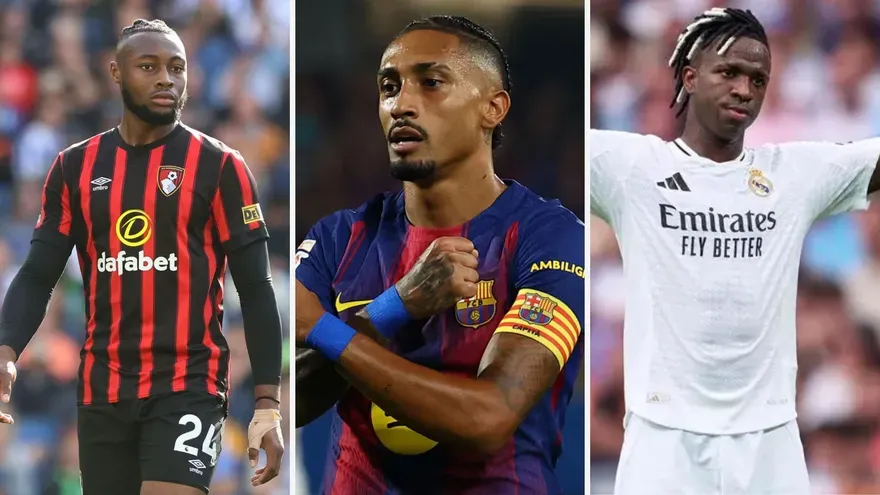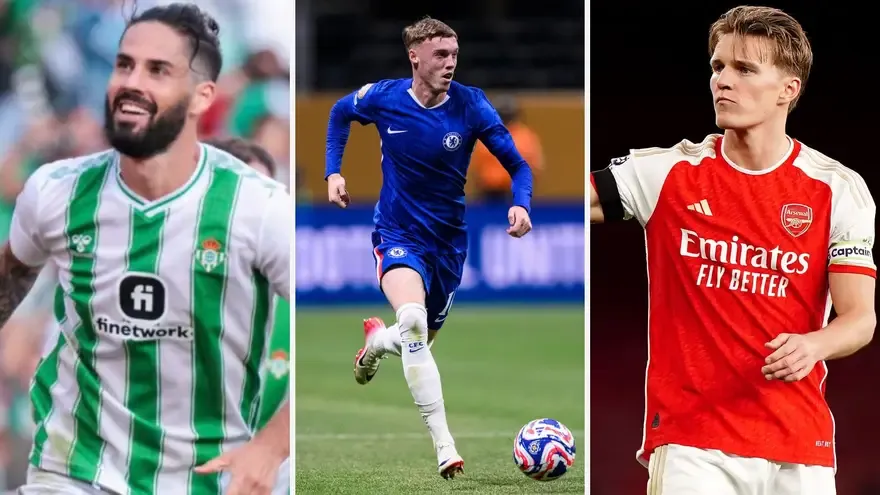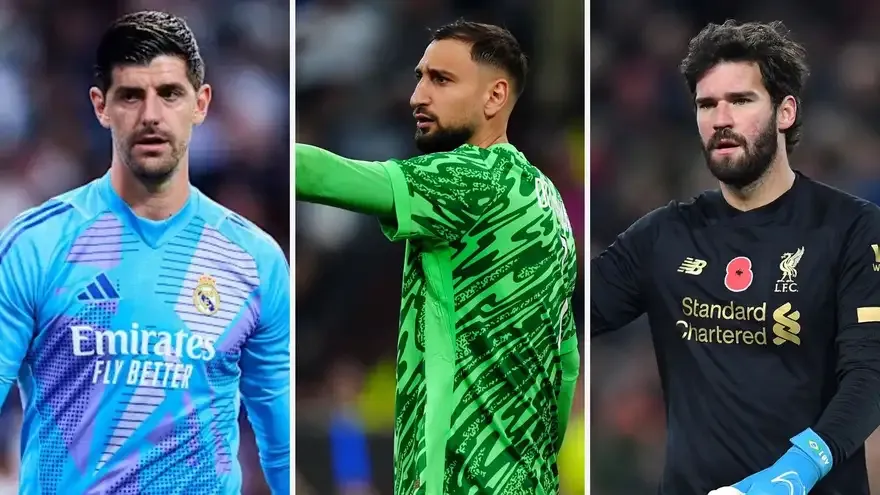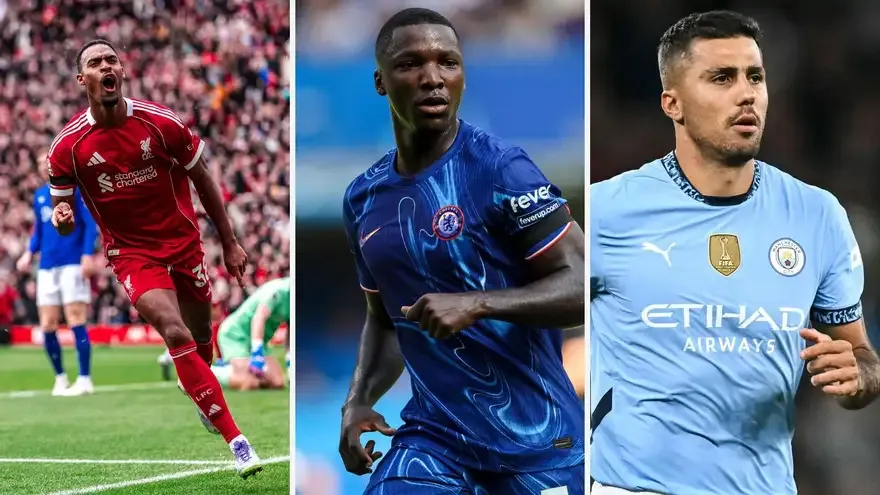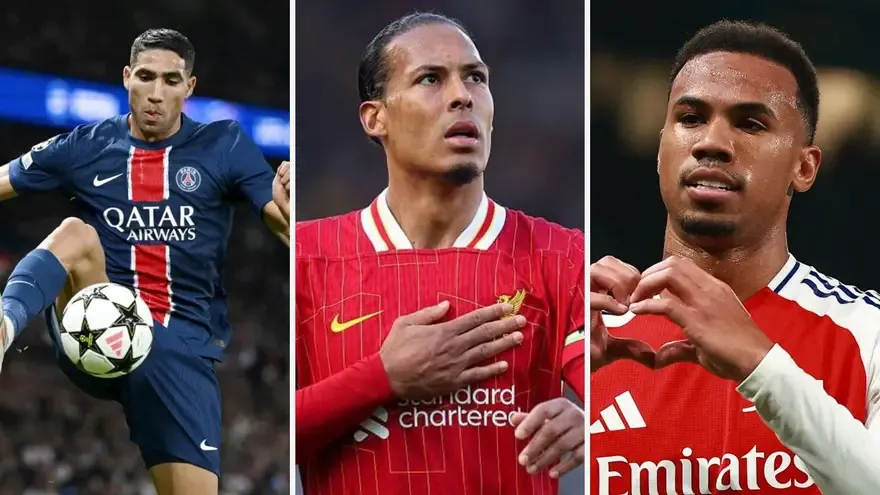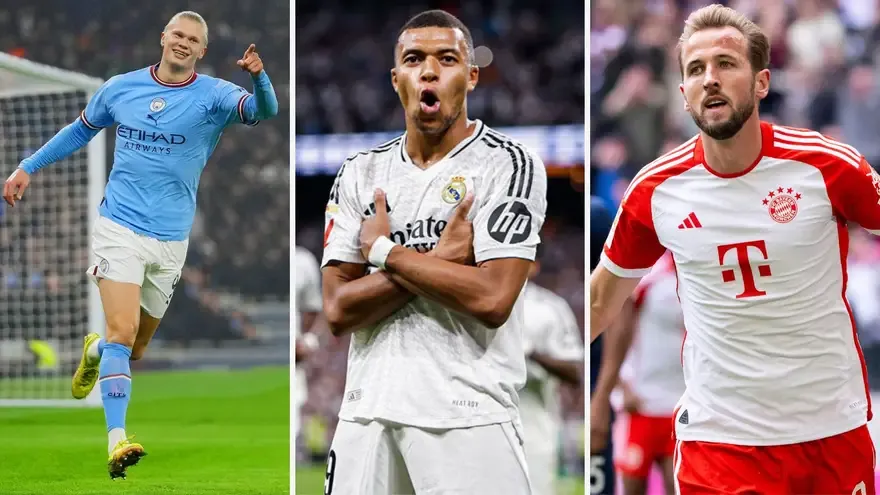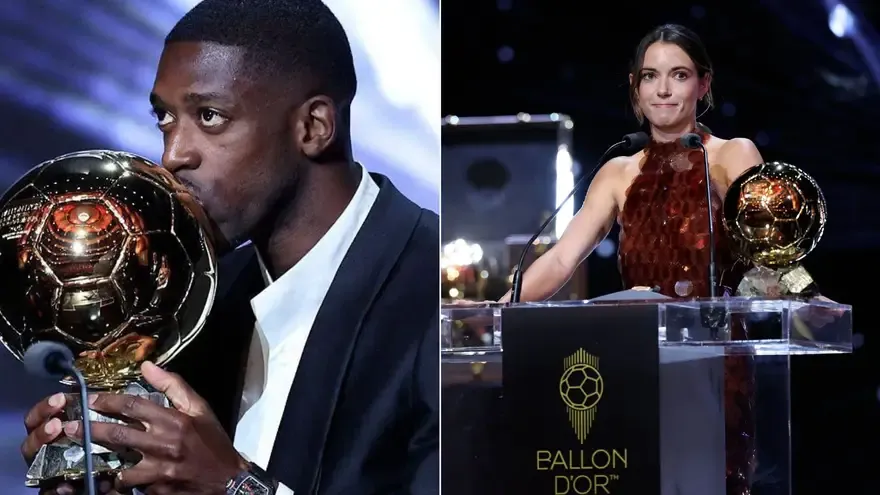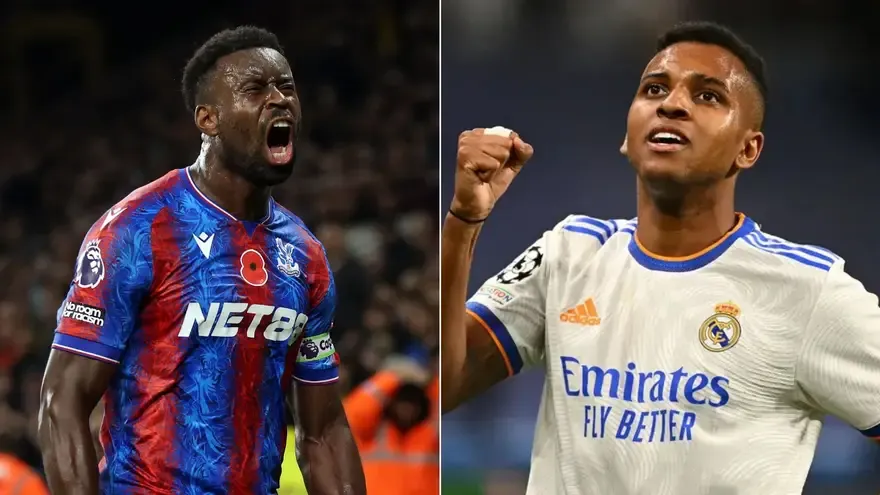Back in 380 BC, one of the founding fathers of Western philosophy, Plato of Greece, first postulated about the purpose of art. In his thorough investigation into society titled ‘The Republic’, it is speculated that a work of art is eventually an imitation of reality; yet Plato considered that the reality is an imperfect imitation of a perfect ideal. Plato has inspired many generations, but no one has come close to being a reincarnation of Plato than Pep Guardiola of Spain.
Pep not long after taking up the post of manager at Manchester City in 2016 had called a meeting with club’s grounds people. During the meeting, he outlined, in detail, specifications for how the grounds crew should cut the grass at Etihad Stadium and the club’s training facility. He said that the stadium turf should no longer be than 19 millimeters, just as it was at Bayern Munich and Barcelona.
This art of football cannot be taught but invented by oneself. A football manager loves one thing - winning. It is the source to their joy, confidence and an elixir to employment. And no manager comes close to such mentality than Guardiola. There is nothing important to him than winning matches. The thought never leaves his mind.
For him winning supersedes everything. Pep coaches to win, not to entertain, not to device new tactical masterclass (although he manages that in enormous quantities). He just knows one thing and that is a win and he molds his squad with the same mentality.
It is an open book secret that Pep’s philosophy and understanding of the game are inspired by Johan Cruyff. The Spaniard has often said that the Dutch legend was his biggest idol and mentor. Cruyff’s influence on the young Pep is unimaginable. However, after the Dutchman handed Pep his Barcelona debut in December 1990 against Cadiz, the apprentice began his journey to surpass the mentor.
More seniors players of the legendary Barcelona team helped the young Pep grow and introduced him to the unforgiving precision of elite football. He was 19 and lacked physique and pace, but what he had was an appetite to learn and win.
During his playing days, Guardiola not only looked for ways to improve himself but also to help the team grow. From the very look of it, he had an incalculable winning mentality and understanding of team chemistry, something that became relatable to him during his Barcelona and Bayern Munich years.
The seeds of this astute mind were sown even before his earliest playing days. From the starting of his esteemed Barcelona career, he was both Pep the player and Pep the student. While it has become a norm to see players and managers alike in Premier League sporting their expensive leather jackets and flashing their Bugatti or Ferrari, the Catalan never had such a story.
He drove a Volkswagen Golf and, instead of hitting the town after training, went straight to his flat to study the key players of the opposition.
During his playing days under Cruyff, Pep became obsessed with the Dutchman’s preparation for a match. Pep under Cruyff learned that a game can be won in a thousand ways.
Pep is a natural leader and possesses a fascinating footballing brain. It was something even the senior players around him in the Barcelona team had recognized. He was the trusted lieutenant to Cruyff and the pivote in Barca’s midfield.
Although Cruyff’s team played with intoxicating rumbustiousness, Pep became aware of the need for possession - two ideals that formed the crux of his coaching blueprint, and hence was born the fabled ‘Tiki-Taka’
Pep once talking about Tiki Taka once said, “The intention is not to move the ball, rather, it is to move the opposition.”
While Cruyff’s Barcelona was brimming with attacking talent, and a romantic virtuoso that screamed at the opponent, ‘ we are going to outscore you’, Pep’s creations are different. Although he has followed closely in his mentor’s tactical footsteps, Pep has always valued greater discipline and positional awareness.
By the time he succeeded Frank Rijkaard at Camp Nou in 2008, Pep had already established himself as a gifted tactical mind. Although Pep had zero experience to coach at the highest level, the board knew that they were about to unleash the catalyst for the greatest and most decorated spell in club footballing history.
At the time of his appointment, Barcelona was a shadow of their former selves. Under Rijkaard, they 2006 Champions League but two trophyless seasons had put a lot of pressure on Pep’s shoulders.
Pep has always been a coach that has praised his players to do better. He never berates his players for missing a pass or making an error, as long as he knows the player has given his 100 percent. Sounds simple, but in football, even the greatest beauties come from simplicities.
Under Pep, Barcelona, unlike Cruyff and Rijkaard’s team, was bursting with creating and technical talents. But Pep wanted more than just talent and he refused to be drawn on previous records, natural ability or player’s status.
He demanded intelligence, intuition and rigorous preparation from everyone at Camp Nou. It is this mantra that saw the departure of Ronaldinho and Deco. The Brazilian boy was a magician, who with a wave of his wand spellbounded everyone at Camp Nou for five years. However, Ronaldinho’s final season with Barca was plagued by injury, and the decline of a club great. Nonetheless, it is not this that did not impress Pep. After the injury, Ronaldinho lacked compassion and the will to return to his best.
Deco was also seen as an outsider under Pep’s regime and was sold to Chelsea. As for players like Xavi and Puyol, their careers had been building up towards being influenced by one intense individual.
Pep had conveyed his vision to the players in simple words. He said that he does not want his players to dribble like Messi but just pass, pass and then pass again.
This is what made them different from the other teams. For Pep, embracing players who are trying to emulate dribbling of Leo Messi was close to disaster. He needed control and he achieved it by introducing the famous 4-3-3 formation with Yaya Toure as the pivot reincarnate. Pep demanded high pressing and retaining possession, something he worshipped in his playing days. This resulted in a balanced system that brought about success in his maiden managerial journey.
Pep’s Barca grew at an alarming rate, winning the treble, which included defeating Real Madrid 6-2, scoring 105 league goals and dethroning Sir Alex Ferguson’s Manchester United as the rulers of European football.
His habit of studying the opponents and tweaking the tactics accordingly helped, Pep comfortably outclass and outthought the great Ferguson. After Samuel Eto’s early goal, Barcelona dominated the game with authority. They moved the ball like in a park and had left United unanswered. It was the same United who boasted Cristiano Ronaldo and Wayne Rooney in their starting line-up.
Their backline duo of Nemanja Vidic and Rio Ferdinand had ever looked so unsettled and frightened to pass the ball. As for Pep, shifting Messi from the wide to the center worked wonders for Barcelona.
It was on that night that the Premier League fans had patiently watched the English football’s dominance being blown away in Rome in 90 minutes by an inexperienced Barcelona side.
To use an overtiring cliche, getting to the top is easy but staying there is the real task. Under Pep, the Catalans had tightened their dominance of Spanish football. He continued to bring success at Camp Now, claiming the La Liga title in 2010 and 2011 and repeating the 2009 defeat of Manchester United at Wembley Stadium.
Then in his fourth season, he announced that he would be stepping down as the manager in the summer of 2012. Four years and 14 trophies speak volume of his astute mind.
Then after enjoying his time away from football, Pep decided to begin chapter two of his career as a manager. He took up the post at the manager of Bayern Munich.
The Bavarian powerhouse was another challenge for the Spaniard and was a complete contrast to Barcelona. At Camp Nou, he breathed new life to an underachieving squad. But at Allianz Arena, he was expected to continue Jupp Heynckes groundwork whilst forging a Bayern side of his own character and identity.
It was not going to be the easiest transition. But given Pep’s appetite for learning and preparation, something he learned from his mentor, he arrived at Munich with a clear vision. And in order to achieve great success, he was required to introduce his own style of play with a little touch of German culture and quantities.
He considerably changed the training to fit his vision. Pep focussed more on ball work and exercises that developed players’ technical skills. Although players like Philipp Lahm, Arjen Robben and Franck Ribery were already proficient with the ball, Pep took it to another level.
A video in 2014 had gone viral. It showed seven Bayern players of the first team in a circle and two in the middle, simply playing rondo. Much to the fans amazement, the rhythm and fluidity of passing went on for over 30 seconds. It served as a snapshot to the evolution of Bayern Munich under Pep Guardiola. Although Pep could not re-animate his Barcelona success at Bayern he sure did manage to continue Heynckes work at domestic level.
Pep’s loss to his former club proved monumental for his managerial career. Managed by Luis Enrique, Barca showed just how strong is Pep’s legacy held up, defeating Bayern 3-0.
Interestingly, Die Roten had more possession but failed to register one shot on target. The result was yet another semi-final loss for Pep.
Next stop was Manchester City. Pep has always dreamt of managing in Premier League and when the Manchester side came knocking at his door, he pounced on the opportunity.
The Spaniard has already made his legacy at the Etihad with his dominating football. There is a saying that no goes in the streets of England, ‘there are 20 clubs in Premier League, 19 are teams and one is Manchester City’.
With a tactical mind as that of Pep, it is easy to forget that he is still 46. The Premier League can be the start of Pep Guardiola’s dynasty where only the best will survive. But he is yet to re-animate his Barcelona success at Manchester before the legacy at begins.
Video: Pep Guardiola's Insightful Manchester City tactics.

